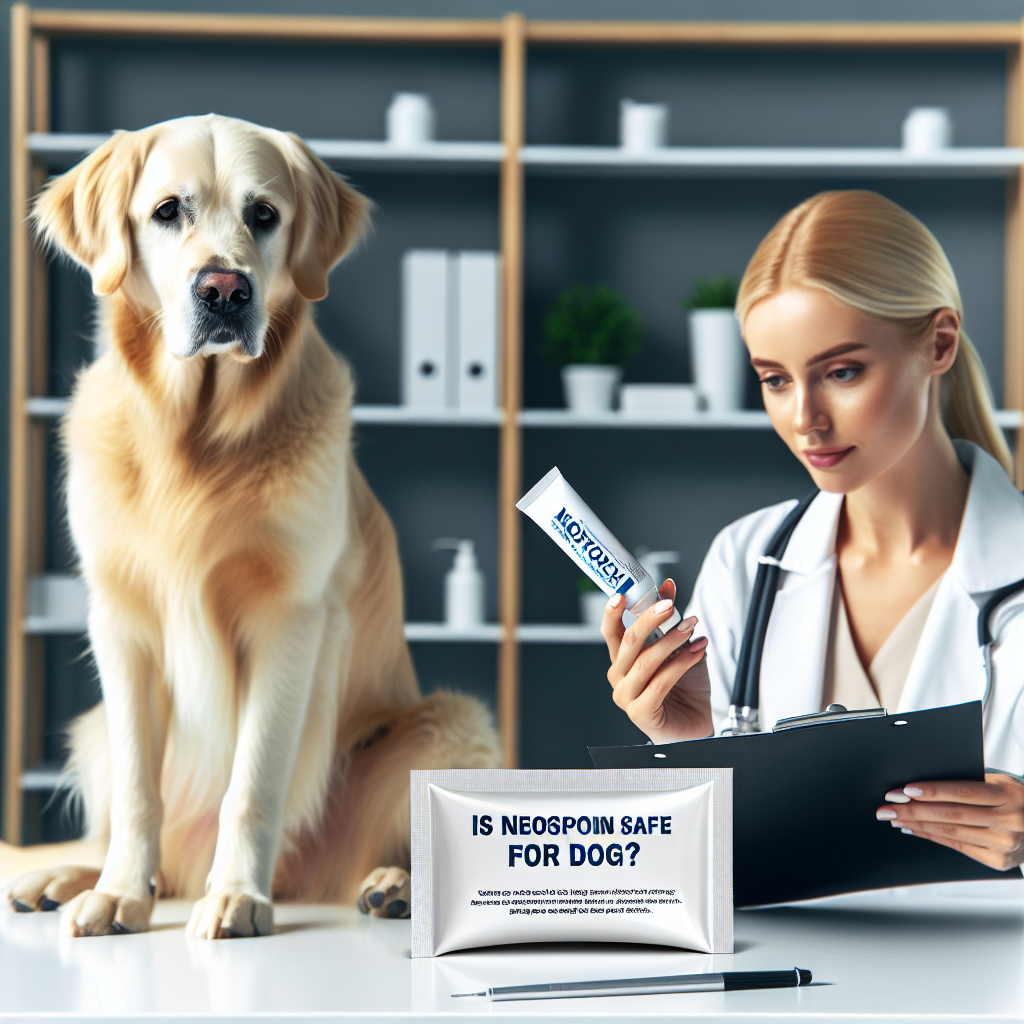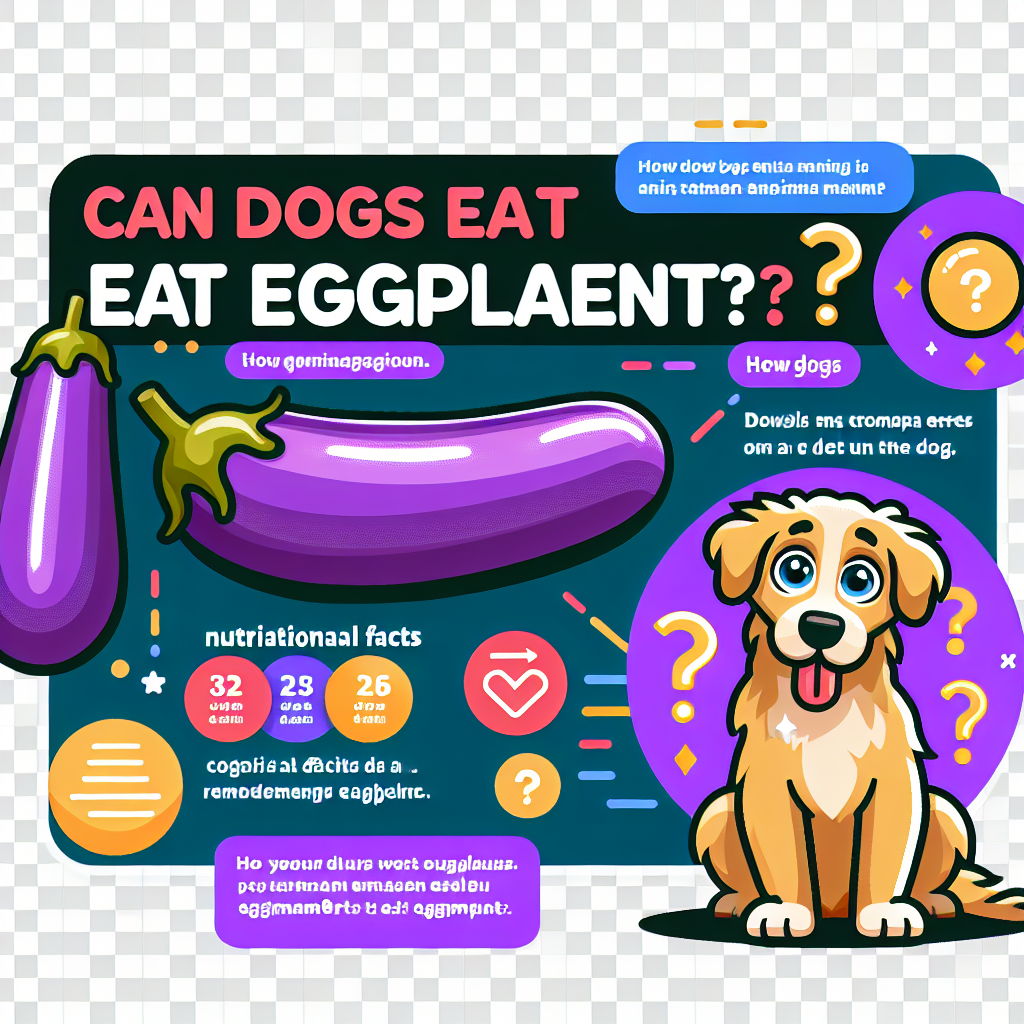Can Dogs Eat Chicken Bones? A Comprehensive Guide
As a dog owner, you want to provide the best nutrition for your furry friend. It’s common to wonder whether certain foods are safe for dogs, especially when it comes to human leftovers. One question that often arises is: can dogs eat chicken bones? The answer is a nuanced one, and understanding the risks and benefits is essential for any responsible pet owner.
Understanding the Risks
-
Splintering Dangers: One of the primary concerns with chicken bones, especially when cooked, is their tendency to splinter. Cooked bones can break apart into sharp pieces that can cause serious internal injuries, including punctures in the esophagus, stomach, or intestines. This can lead to severe health issues that may require emergency veterinary care.
-
Choking Hazard: Whole bones can pose a choking risk, particularly if your dog is an enthusiastic eater. If a dog attempts to swallow a piece that is too large, it can become lodged in the throat, blocking the airway and creating a life-threatening situation.
-
Bone Fragments: Even if a dog manages to chew a chicken bone without it splintering, small fragments can still cause digestive issues. These fragments can lead to constipation, intestinal blockages, or gastric upset, resulting in symptoms like vomiting or diarrhea.
- Nutritional Imbalance: While bones do contain some nutrients, feeding your dog chicken bones regularly can lead to an imbalance in their diet. Dogs require a balanced diet that includes protein, fats, carbohydrates, vitamins, and minerals. Relying too heavily on bones can detract from necessary nutrients found in dog food.
The Safe Approach
If you’re considering bones as part of your dog’s diet, here are some safer alternatives:
-
Raw Bones: Unlike cooked bones, raw bones (like raw chicken necks or wings) are generally softer, less likely to splinter, and can serve as a natural source of nutrients. However, even raw bones require supervision to ensure your dog doesn’t choke or sustain any injuries.
-
Size Matters: If you do decide to give your dog a bone, choose an appropriate size. Larger bones are harder for dogs to swallow whole and are less likely to splinter. Always monitor your dog when they’re chewing bones to keep an eye on how they’re handling it.
- Consult Your Veterinarian: Before introducing any new food into your dog’s diet, it’s wise to consult with a veterinarian. They can provide tailored advice based on your dog’s size, age, breed, and health status.
What to Do If Your Dog Swallows a Chicken Bone
If your dog gets hold of a chicken bone, monitor them closely for any signs of distress. Symptoms may include:
- Vomiting
- Diarrhea
- Lethargy
- Loss of appetite
- Signs of pain (e.g., whimpering, panting)
If you notice any of these symptoms or if your dog appears to be choking, contact your veterinarian immediately. Prompt action can make a difference in preventing serious complications.
Conclusion
In summary, while dogs may have a long history of scavenging, chicken bones should generally be avoided, especially when cooked. They pose significant risks that can lead to severe health complications. If you’re looking to provide a bone for your dog, consider safer alternatives, such as raw bones, and consult with your veterinarian to ensure you’re making the best choices for your pet’s health and well-being. By educating yourself and taking precautionary measures, you can continue to treat your canine companion safely while keeping their diet nutritious and balanced.





